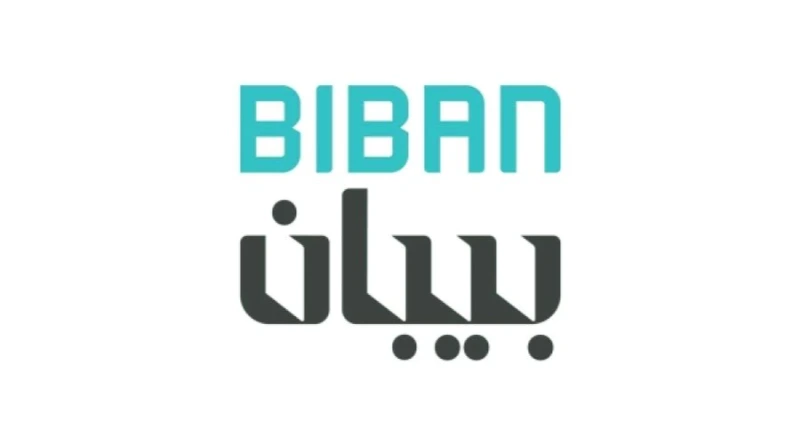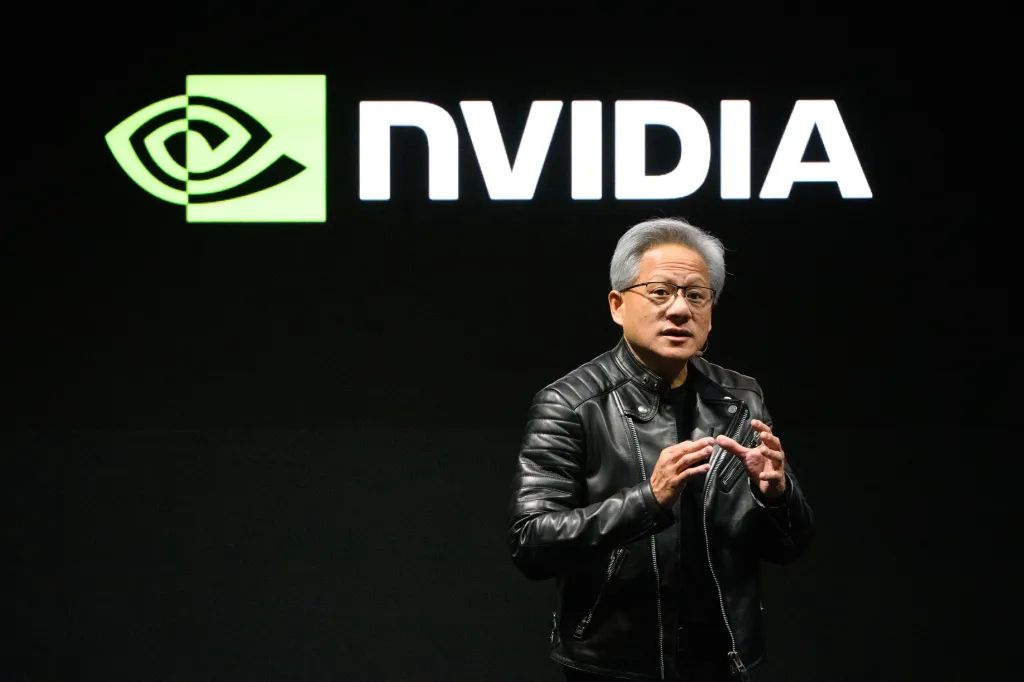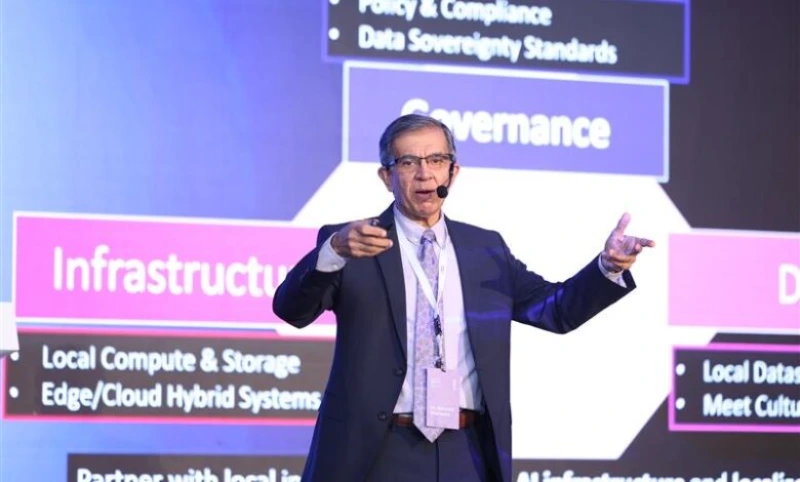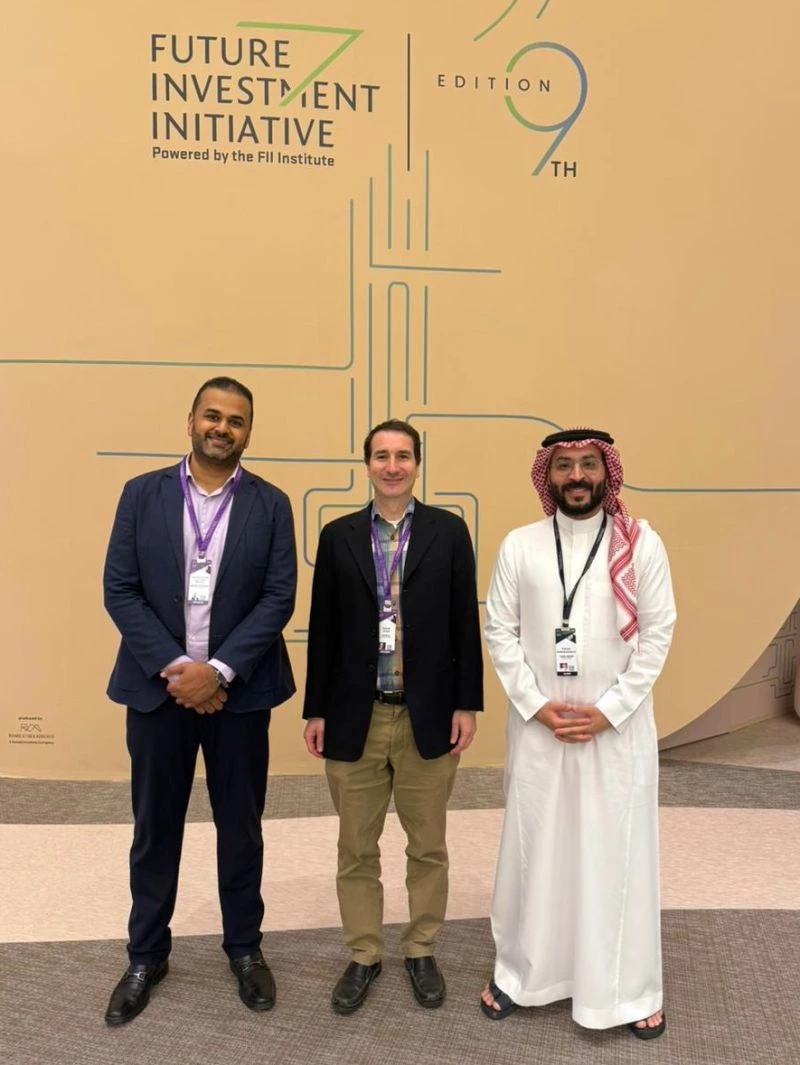In a milestone move for MENA’s digital logistics ecosystem, Egypt-based Nowlun has officially closed its seed round at $2.3 million, following an additional $600K investment led by Ingressive Capital.
The new funding builds on a previous round backed by Nama Ventures, A15, Sanabil 500 Global, and angel investors, which enabled the company to expand operations in Saudi Arabia and launch its bulk freight product—an instant pricing engine giving users direct access to maritime shipping options.
Founded to streamline ocean freight across MENA, Nowlun offers a digital interface designed to simplify full container load (FCL) and bulk cargo operations, supported by real-time shipment tracking and instant visibility into shipping activity.
With this new capital, the company aims to accelerate the integration of artificial intelligence into every stage of its operations—from optimizing shipment management to building an intelligent Logistics Assistant that delivers real-time recommendations to freight decision-makers.
Moataz Khamis, Co-founder and CEO, emphasized:
“This is more than funding—it’s a strategic push to place AI at the heart of logistics. We’re building your smart Logistics Assistant, a tool that puts decades of industry expertise in the palm of your hand, helping you make faster, smarter shipping decisions every day.”
Maya Horgan Famodu, Founding Partner at Ingressive Capital, added:
“We believe the future of logistics in the region will be driven by founders who combine operational depth with AI. Nowlun is not just digitizing freight; they are reshaping trade with speed, transparency, and precision. We are proud to support Moataz and his team.”
Nowlun’s vision extends beyond simply digitizing transport—it seeks to reimagine cross-border trade, focusing on a region that geographically connects Asia and Europe, and holds unique potential for logistics innovation.
With a strategic focus on Egypt and Saudi Arabia, Nowlun is positioning itself as a key player in transforming the logistics industry in a market still shaped by manual processes and fragmentation. The company bets on AI and data-driven decision-making as the foundation for smarter, faster, and more transparent global trade.





